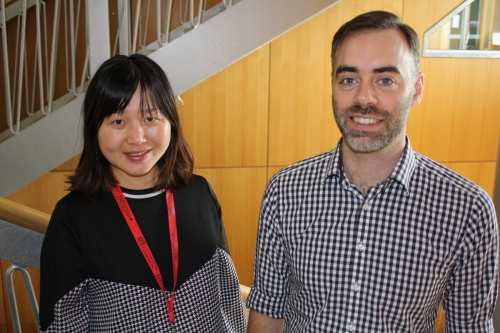
High blood pressure is the leading risk factor for cardiovascular disease, with more than one in three Tasmanian adults living with the condition and many others likely undiagnosed or ineffectively treated. With a commitment to improving the health outcomes of our community, the Foundation has supported critical research to better detect and manage this condition.
Leading this ground-breaking research is Dr Martin Schultz and his team at the Menzies Institute for Medical Research, who have investigated how exercise can identify people with high blood pressure.
“My research program has established that abnormally raised blood pressure during clinical exercise testing (termed a ‘hypertensive response to exercise’) is associated with increased cardiovascular disease risk, likely because of uncontrolled high blood pressure that has not been detected via standard measures of blood pressure taken at rest,” Dr Schultz explains.
Dr Schultz has continued his research into this condition through a recent Foundation-funded study known as the Exercise Stress Test Collaboration (EXERTION) Study. The EXERTION Study is a national database of clinical exercise stress tests linked to cardiovascular disease outcomes.
“Funding from the Royal Hobart Hospital Research Foundation is allowing us to continue to explore the clinical value of measuring blood pressure during exercise. Using data from the EXERTION Study, we discovered that to make a clinical interpretation of a hypertensive response to exercise, we must also consider individual fitness levels,” Dr Schultz says.
These critical observations will likely contribute to international guidelines for exercise testing. Dr Schultz hopes his work will reduce the community’s significant burden of high blood pressure and cardiovascular disease.
Your donations will help us support researchers like Dr Martin Schultz. Please donate today at donate.rhhresearchfoundation.org or call 03 6166 1319.
